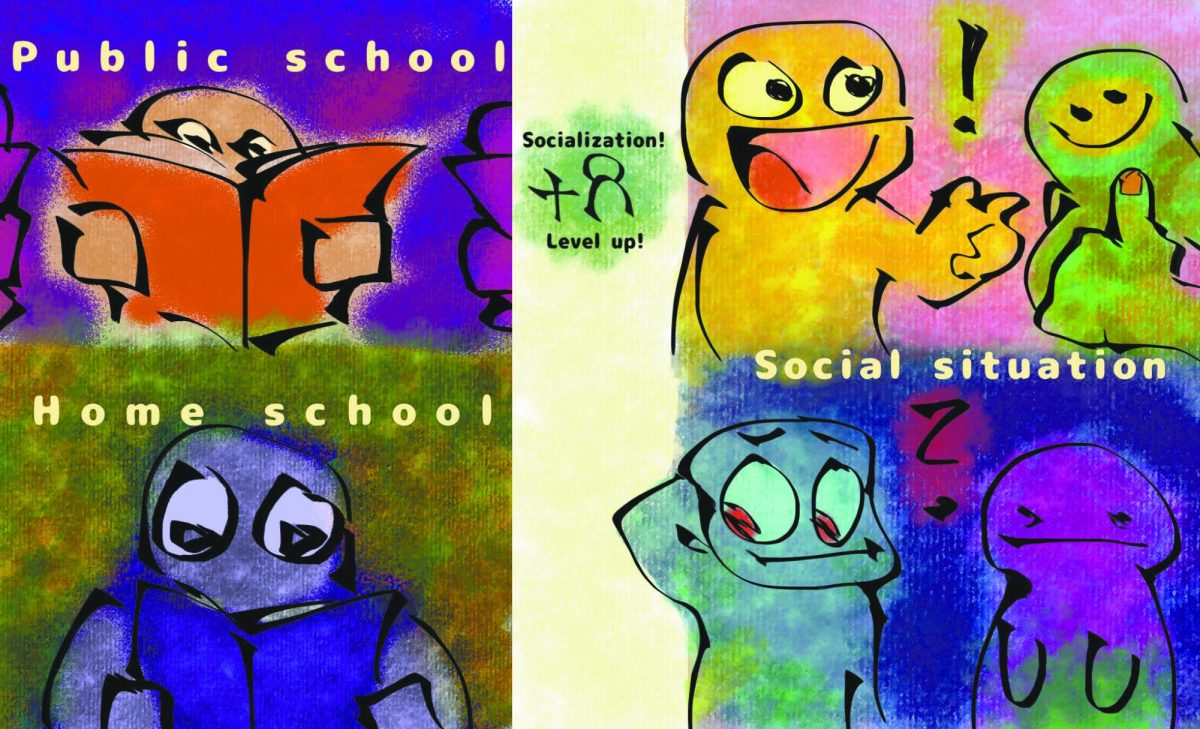MAP. ACT. SAT. PSAT. ASVAB. No, these are not just random letters. These are acronyms for dreaded standardized tests. These tests are inescapable and ineffective.
We rely far too much on standardized tests, when in reality, they are inaccurate and unnecessary. These tests have biased origins and it is easier for higher income students to perform well on them. Additionally, they cause undue stress for students and teachers and don’t provide an accurate measure of student success.
A standardized test is a test of knowledge or ability with the same questions for everyone. Many standardized tests were designed by psychologists who incorrectly believed that intelligence was an inherited, unalterable trait. Also, some tests have racist origins. According to the National Education Association, the SAT was originally based on an Army test designed to segregate soldiers by race.
These tests’ problematic origins carried over into the current versions. As procon.org reports, many assessments assume background knowledge that only white, middle or upper class students would know. Also, wealthier students have an unfair advantage on standardized tests because they have more access to test preparation and tutoring. While Bellevue provides free On To College resources, this is not the case in every district.
Even if standardized tests were equal and unbiased, they still do not accurately measure student success. Test questions are very basic and do not consider students’ creativity or problem solving skills. A standardized test is more of a measure of how well students can focus on information for long periods of time than their true proficiency in a subject. Also, it is often difficult to apply scores to the classroom to see how students can improve. We rely on standardized test scores as a measure of student achievement, but grades and teacher reports show a much bigger picture than a one day assessment.
Additionally, standardized test scores are often influenced by many outside factors: hunger, tiredness, stress, etc. Whether or not a student had breakfast and a good night’s sleep one day out of the entire school year should not determine if they are “on track” or “succeeding.” Exclusively looking at standardized test scores to determine how well a student or school is performing is inaccurate and unfair.
Also, the amount of focus we place on these assessments drains time and resources and burdens teachers and students. According to a 2015 brochure from NWEA, the MAP test costs $13.50 per student. That adds up! And so does the time spent on testing time that could be used for learning or creativity. According to EduWeek, 80% of educators feel moderate or large amounts of pressure to have their students perform well on standardized tests. Students may feel undue stress, too, or have their self esteem suffer from comparing scores with other students. I vividly remember one of my elementary school classmates feeling like she was not “smart enough” because her MAP score was lower than mine. Why are teachers and students dealing with so much anxiety over assessments that really only determine how well of a test taker a student is?
It’s time we all agree to place less weight on these standardized tests. Yes, standardized tests can be one gauge of student achievement, but they are not the full picture. Test scores are too often influenced by outside factors, such as socioeconomic status or mental and physical health the day of the test. These assessments are unfair, inaccurate, and over emphasized. Let’s stop looking at standardized tests as the be all, end all, and start seeing our children, our students, and ourselves as more than a test score.


